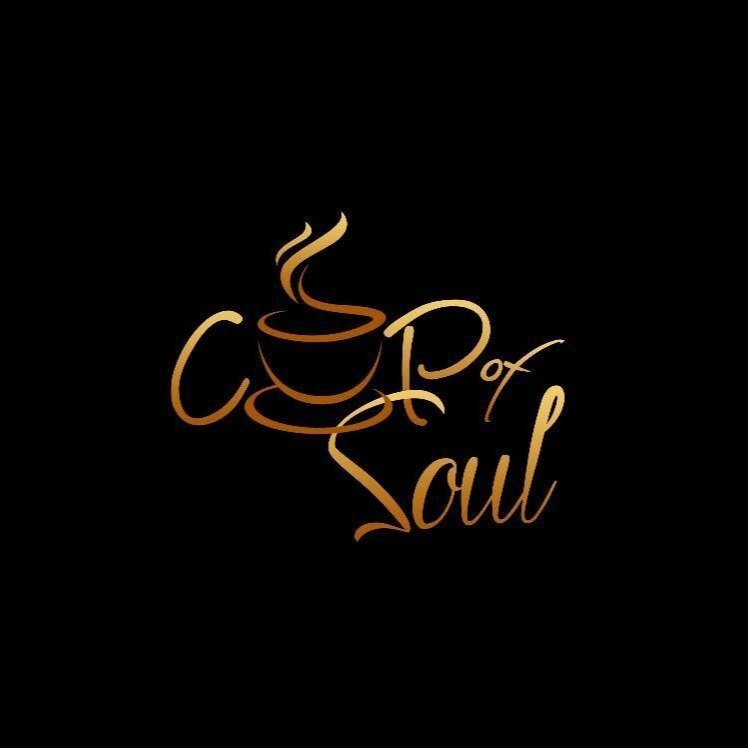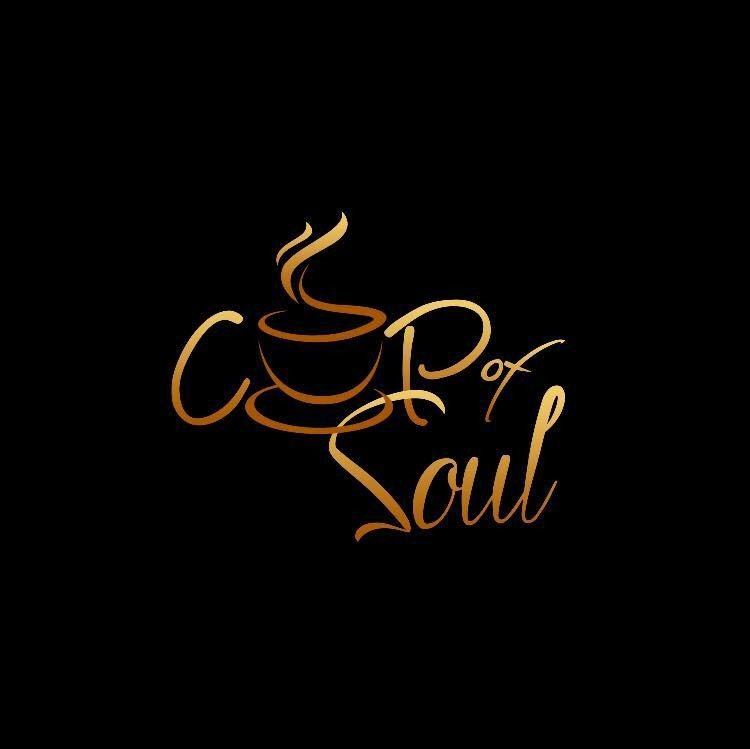
Master shows the hypocrisy of Higher Education
by Kathia Woods
Racism is woven into the fabric of America, particularly in academia, as evidenced by the current Critical Race Theory debate. In her feature debut, Master, writer/director Mariama Diallo explores these themes.
Her film contains symbols, microaggressions, and a hostile environment. A pristine New England University serves as the backdrop. On the surface, it's the call of liberal education, but beneath its hateful whispers are ghosts of yesteryear and indignations that make you believe you're in the Jim Crowe south rather than up north.
Gail Bishop (Regina Hall) is the new Dean better known as Master. She's the first Black Dean at the University. Jasmine (Zoe Renee) represents that one percent of Black excellence that makes is accepted to this University. She is attempting to navigate her college career in this sea of white.
Both women move into haunted houses. Their homes are a relic of the past. The school's mascot is a witch who adds to the bad history. Be aware that it is not only Ghosts who haunt or torment Jasmine and Gail.
Diallo's film delves deeply into American history. She notes all the microaggressions to understand what is going on.
Jasmine's life becomes so isolated that she is othered by the Black cafeteria workers and her Black Literature professor (Amber Gray).
Meanwhile, Gail is multitasking between tenure committees and being painted for a portrait while maintaining the highest level of professionalism during this time of extreme stress.
Diallo does an excellent job of emphasizing the terror that each woman faces. She employs sound, shadows, and creepy insects to increase the fear factor and tap into the audience's anxiety. While not seen, that type of fear manifests itself over time and causes stress in our title characters, which spills over into other aspects of their lives.
It is also clear that the University's history is founded on racism and exploitation. We also know that most of the student body is white, and there aren't many safe spaces for the few Black students.
This isolation profoundly affects Jasmine, making her fears more intense as the school year progresses. Her journey of deconstruction demonstrates how frightening life can be for a Black student on a white college campus.
When a commercial depicting the University's alleged diversity coincides with an act of racism, the messaging in Master runs full circle. The irony of claiming to be a place that welcomes people of all races and colors while also being deeply committed to preserving the racist past demonstrates Diallo's brilliance. It is also the reality for many Black students who attend these universities across the country.
Regina Hall is the film's standout. All of the events start to converge, resulting in an outburst. A job she was thrilled to accept starts to wear on her. Her weariness is compounded by a series of events, including her home being haunted and political grandstanding surrounding Jasmine's death.
We feel her anguish because Hall’s performance draws us in. We recognized the gravity of the situation, which many of us would have terminated. In the end, Gail's spirit dies, along with her enthusiasm and opportunity for change.
Master uses racism to have a more extensive conversation. One, Black people convince themselves that they must endure pain in order to succeed in white spaces. Two, white spaces take part in the diversity experiment purely for aesthetic reasons.


